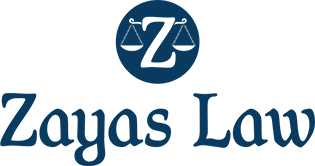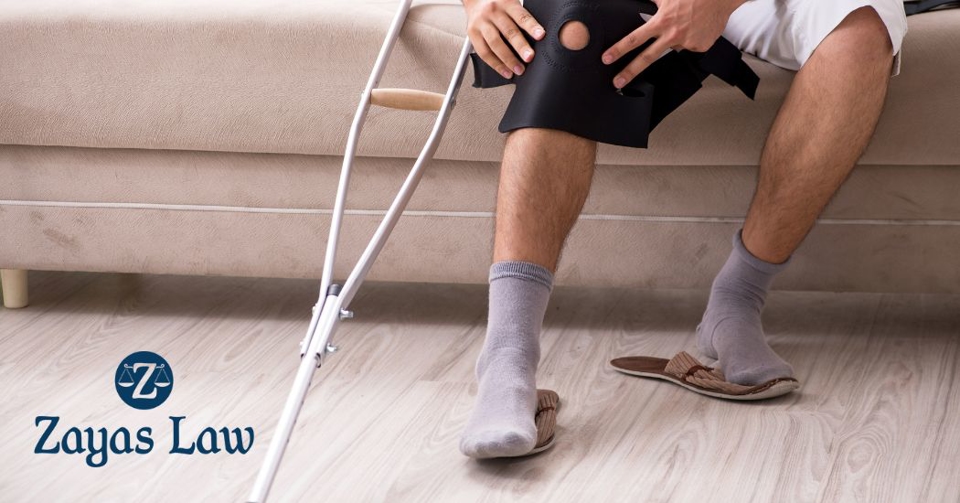In situations where security protocols were inadequate, victims may have legal recourse through a negligent security claim. This blog post will explore what these claims are, when they might be appropriate, and how to pursue them.
What is a Negligent Security Claim?
Negligent security claims arise when property owners and other responsible entities fail to take reasonable measures to protect individuals from harm. This harm can include things like physical injuries, theft, vandalism, and more.
The property owners may be held liable for the harm that occurs on their property if they acted negligently, such as failing to provide adequate lighting, failing to lock gates or doors, or not properly monitoring the premises. Property owners are not the only parties that may be held liable in a premises liability claim. Other parties who may be held liable include:
- property managers,
- security guards,
- security guard companies, and
- manufacturers of defective security items.
Examples of Negligent Security
Some examples of negligent security claims are:
- Inadequate surveillance. One of the most common examples of negligent security claims is inadequate surveillance. This can occur when a business or property owner fails to install security cameras, or when cameras are installed but not properly monitored. For example, a shopping mall may have cameras in the parking lot, but if the footage is not being reviewed regularly, it becomes useless. Inadequate surveillance can leave individuals vulnerable to criminal activity, such as assault, theft, or vandalism.
- Lack of adequate lighting. Another common issue that can lead to negligent security claims is a lack of proper lighting. This is especially true in parking garages or other areas that are darker than the surrounding environment. Insufficient lighting can make it easier for criminals to hide and attack unsuspecting victims.
- Broken or faulty locks. Proper locks are essential for maintaining security at home or in a business. If locks are broken or faulty, they can give criminals easy access to homes or businesses (including hotels and Airbnb properties). Individuals who have been victims of theft or burglary due to broken or faulty locks may be able to file a negligent security claim if they can demonstrate that the property owner failed to properly maintain the locks.
- Inadequate security personnel. In some cases, businesses may choose to hire security personnel to protect their premises. However, if the security personnel are poorly trained or understaffed, they may not be able to provide effective security. For example, a shopping mall with just one security guard on duty during peak hours may not be able to effectively monitor the entire facility. If an individual is harmed due to inadequate security personnel, they may have grounds for a negligent security claim.
- Failure to respond to known risks. Individuals or businesses may be held liable for negligent security if they fail to respond to known risks. For example, a school may receive multiple reports of a student making threats of violence but fails to take appropriate action to protect students and faculty. If an incident occurs and someone is harmed, the school may face a negligent security claim.
When is a Negligent Security Claim Appropriate?
Plaintiffs (i.e. the party filing the suit) have the burden of proof in negligent security claims. When making a claim, you will need to prove that:
- The injured party was lawfully on the property when they were injured (as trespassers are not able to pursue negligent security claims).
- The liable party failed to take adequate measures to ensure their property was safe for others.
- The liable party had knowledge of or should have had knowledge of the negligent conditions/security measures.
- The injured party suffered harm because of inadequate security.
How Can You Pursue a Negligent Security Claim?
To pursue a negligent security claim, you should first speak with an experienced attorney. They will review your case and help determine if a claim is appropriate. If so, the attorney will help you pursue a claim and gather evidence, such as surveillance footage or witness statements, to support your case. The attorney will also work to negotiate a settlement or file a lawsuit if necessary.
To strengthen your case, it is important to document the harm you suffered due to the inadequate security measures. This might include medical bills, property damage estimates, or other evidence of the harm you suffered.
Discuss Your Case with Our Attorneys
At Zayas Law Firm, we represent clients in personal injury matters, including negligent security claims, on a contingency fee basis. On this basis, you don’t pay us a penny unless we win your case.
To learn more about how we can help you, call (860) 854-9156 or complete our online contact form today.




